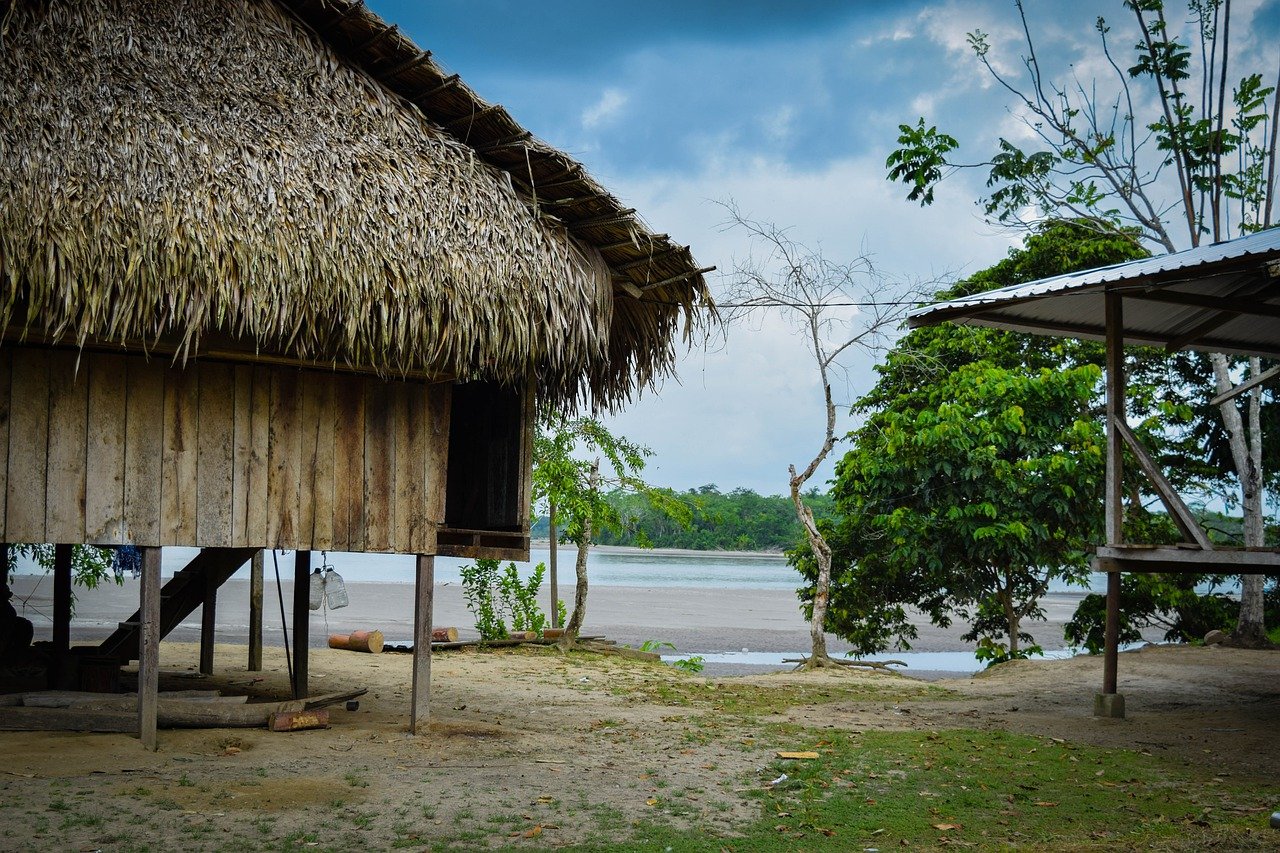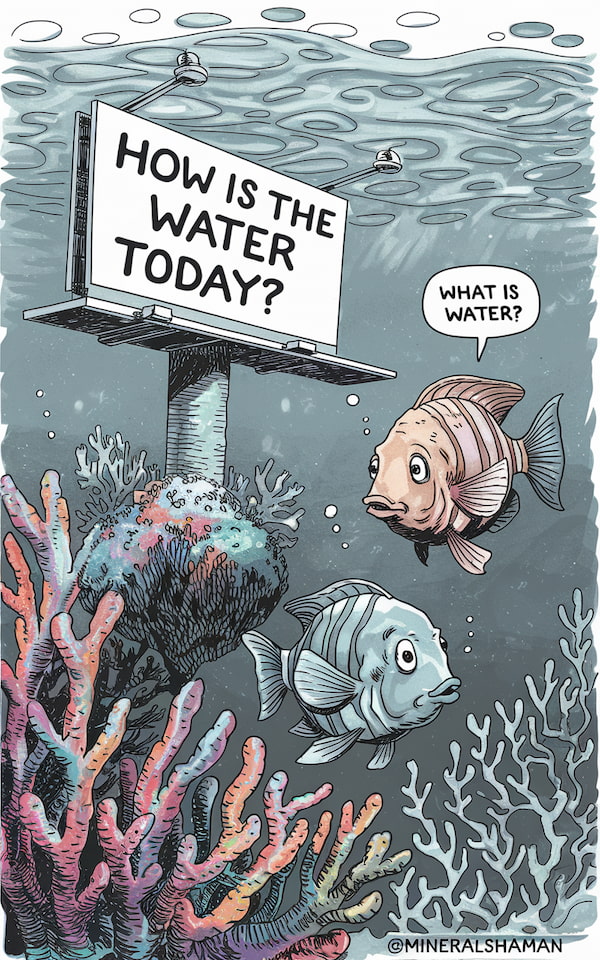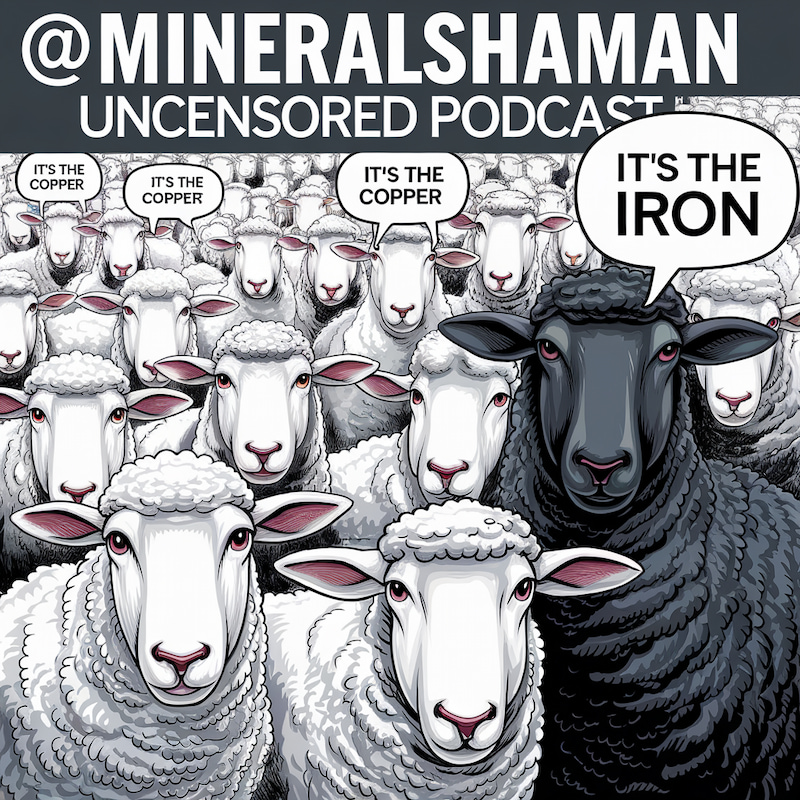Anyone who has ever prepared for an Ayahuasca ceremony can probably tell you that one thing that you have to eliminate prior to ceremony is salt. Let’s break this one down a bit further. If you want to know about other aspects of the preparatory diet, we have another post about the Ayahuasca diet in general.
Traditionally, the term “dieta” refers to the practice of developing a relationship with a particular plant through an isolated period of restricted dieting, ceremonies, and other practices. More recently, the term is being used to describe the preparatory diet for working with Ayahuasca. While the two are similar, they are not the same thing, but that is beyond the scope of this post. For our purposes, we are using the term to mean either the preparatory diet or an extended period of working with a particular plant.
Giving up Salt for Dieta
In both the traditional dieta process and the preparatory diet for working with Ayahuasca, most traditions advise participants to give up salt. As someone who has spent extensive time giving up salt for this purpose, several things happen. First, one loses a lot of water weight very quickly. When the water leaves the body, there is a feeling of lightness and sensitivity that can be felt. This is also a natural way to detox. When working with Ayahuasca, the sensitivity that results from this water loss and detox is an asset and generally makes the work with the medicine easier and more profound. So, if someone asks if there is a benefit, the answer is certainly “yes.”
For the people of the jungle, who have very well-mineralized bodies, giving up salt temporarily does not seem to cause any detrimental effects. When their dieta is over, they simply reintroduce salt and go about their lives until their next dieta. But, the experience isn’t always so smooth for westerners exploring these traditions. While giving up salt may feel good during the dieta process, it’s not uncommon for westerners to suffer a range of issues post-dieta (more on that in another post). Much of the explanations given for the post-dieta issues is based on the spiritual beliefs of the people of the jungle. Yet, they know little about minerals, so one would not expect them to pinpoint mineral disregulation as a factor.
What Happens to Minerals When Salt is Absent from the Diet
This question has been on the forefront of my mind for along time and taken some digging to uncover. It also involves a hormone that few people have heard of called Aldosterone, which is a stress hormone produced by the adrenals.
The adrenals are responsible for producing hormones that regulate our sodium balance, so one would assume that eliminating salt has some effect on the adrenals, and it does. When salt is omitted from the diet and sodium levels begin to fall, the adrenals will produce Aldosterone in an attempt to stop the sodium loss. Make no mistake, Aldosterone is a stress hormone (not unlike cortisol) and its job is to prevent further sodium loss.
Aldosterone also has a powerful effect on other minerals in the body. It has a job to do (to preserve sodium) and it does this very well, but this comes at the expense of magnesium, potassium, and zinc. So at a basic level, when salt is eliminated from the diet, we also lose these other key minerals.
Now we get to the really amazing part. In the people of the jungle who do not suffer from magnesium deficiency in the way that westerners do, they have reserves of magnesium in their bones as well as reserves of other key minerals like zinc. When they make it through the dieta they can easily return to homeostasis at healthy levels.
However, westerners are plagued by magnesium deficiency from the outset, along with deficiencies in zinc and potassium. Westerners also often have poor adrenal function. When the average westerner gives up salt, the production of Aldosterone functions the same way. However, without any deep reserves of minerals, many people enter deeper states of magnesium deficiency during dieta and cannot easily return to homeostasis afterwards. They may not notice during the dieta because the work with the medicines keeps them feeling quite good, but a month or two after, things start to catch up with them.
And, as it turns out, magnesium deficiency itself is also sufficient to trigger the release of Aldosterone, which leads to more magnesium deficiency. The body has a number of processes that become “vicious cycles” and this may become one of them. Magnesium deficiency leads to the production of stress hormones and more magnesium loss. The spiral can be difficult to emerge from when one hasn’t pinpointed the issue.
Best Practices in Working With the Dieta Process
My current recommendation is that people who are magnesium deficient avoid giving up salt for extended periods, such as during dieta. And certainly, giving up salt is not required to connect with these plants. If one is going to give up salt, preparing the adrenals properly before this process and recovering them after is essential.






